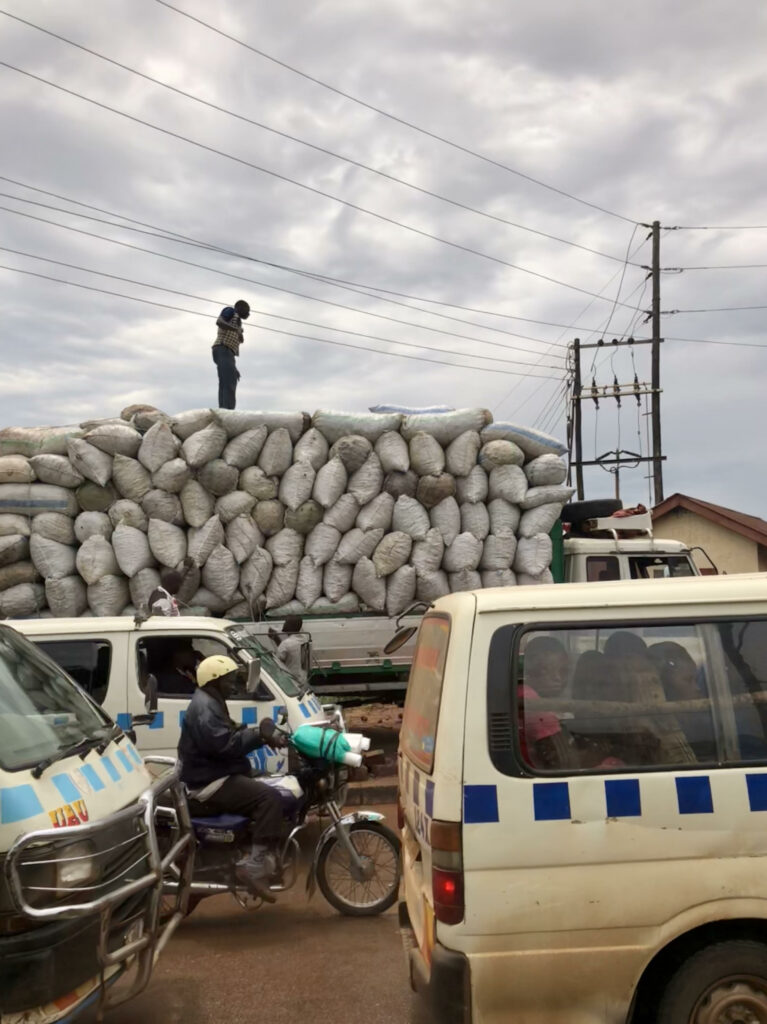
This project is working to understand the risks that arise from emergency public contracting in health and education, and from emergency development aid and financing.
Project Summary
The last two decades have been challenging on a global scale. There has been a series of health emergencies, disastrous climate events, and man-made disasters in every region of the world. This research examines the corruption risks that arise in crisis responses. Recent emergencies highlighted several corruption (and fraud) risks in relation to emergency responses. As the world grapples with ongoing and new emergencies, the risk of fraud and corruption remains.
Corruption risks in emergencies are often fostered by emergency legislation that deprioritises processes and systems that can identify and stem corruption and fraud. The combination of the pressure to respond to a sudden and lethal event, the inflow of resources to address the event, and the relaxation of process controls create a “perfect storm” for corruption. This is unfortunate as corruption undermines the efforts to respond to emergencies by wasting and diverting resources, and can increase the impact of a crisis. Unfortunately, countries do not prioritise anti-corruption protocols despite evidence that corruption compromises emergency responses and worsens outcomes.
The research aims to assess the corruption risks that arise in the use of emergency powers; in relation to emergency procurement; in and development financing during emergencies. The research will highlight the gaps in our understanding of these issues and determine what future research ought to consider to make actions taken during emergencies less vulnerable to fraud and corruption. The research adopts a framework for analysis that examines the regulatory and policy landscape and practices, focusing on four dimensions: people, processes, challenges, and interventions. The five selected countries for this research study are: the United States, the United Kingdom, Hungary, South Africa, and Nigeria; along with the World Bank as a donor.
Policy and Programming Implications
This short-term study identifies the risks and anti-corruption interventions that can be taken prior to a crisis, to make emergency responses less vulnerable to fraud and corruption. The research considers the legal and policy framework for emergency responses and the regulatory, technical, political and cultural risks and challenges to emergency responses. The research also examines the anti-corruption interventions that can address the corruption risks in emergency responses, focusing on the actors, the nature of the intervention and impact of the intervention, with the aim of increasing the resilience of the emergency response framework.
The research will be useful to governments’, policy makers, academics, practitioners, and civil society organisations seeking to adopt rules, policies, and practices that will make emergency responses less vulnerable to fraud and corruption. The knowledge gaps identified in this research will inform future research to ensure that future anti-corruption policy design is robust, and evidence based.
Research Questions
- What are the corruption risks inherent in emergency legislation?
- What are the current policies and practices on emergency public contracting for the health sector?
- What anti-corruption interventions are successful in improving development financing in emergency situations?
- What is the current state of aid disbursement policies and practices from multilateral and bilateral lenders in global emergencies?
Methodology
The methodology encompasses a desk-based literature review of secondary sources, qualitative primary data gathered through interviews and consultations with stakeholders, and an analysis of the regulatory and policy framework across four dimensions, as outlined above. The stakeholders will include public procurement regulators, procurement officials, anti-corruption experts, and officials in development agencies, such as the World Bank.
Research Team Members
- Sope Williams, Professor, University of Stellenbosch, South Africa
- Edefe Ojomo, Lecturer, University of Lagos, Nigeria
- Anna Petherick, Associate Professor, University of Oxford, UK
- Songezo Mabece, Legal Counsel, The Competition Commission, South Africa


